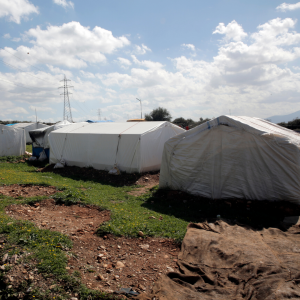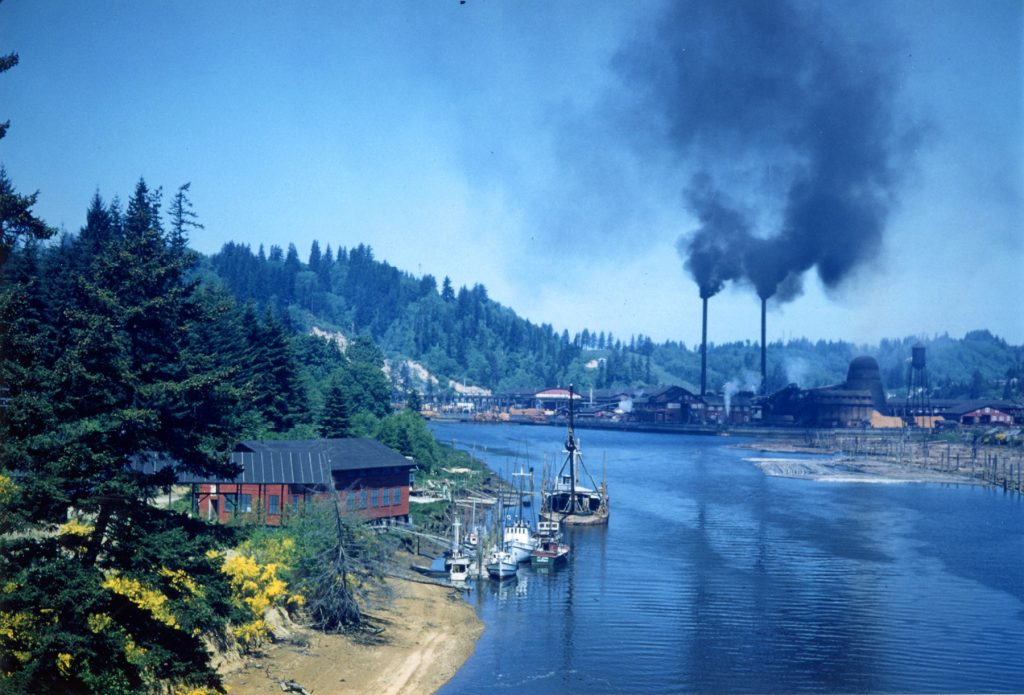
- Industries
Case Studies
Industries
- How It Works
- Contact
- About Us
- Alliances
Residents of Toledo City Oregon, a small city of 4,000 residents, are considering the use of SREUS technology to solve their city problems. The city buys power for its customers from regional suppliers. Toledo city provides full utility services. They have costs for drinking water, sewer treatment costs, and landfill costs which are complicated by a full garbage landfill.
They process about 500 thousand gallons of sewer water a day with about 6,000 lbs. of sewage solids. Sewage sludge is currently being dumped on local Indian tribal land because the city landfill is full and the cost for acquiring more land is prohibitively high. This case study suggests that between garbage and sewage sludge they could produce all the power and water the city needs, reducing both maintenance costs and the price of power to their citizens. Reduced power costs and decreased need for landfills could allow money for infrastructure updates. Power production could exceed needs and offer additional revenue by selling back power to the grid. In many cases city municipalities can apply for government money or pass bonds which make installation of this type of equipment possible.

One man’s trash is another man’s treasure. Well, in this instance, perhaps your trash could be your treasure… When it comes to producing power and clean water using the SREUS system, there are many fuels that can power it:
We would love to discuss how this technology could benefit your industry!
Copyright 2020 SREUS Energy All rights reserved